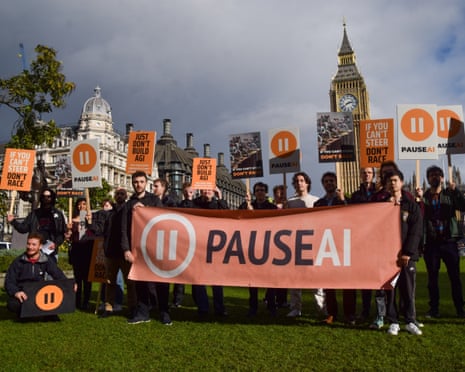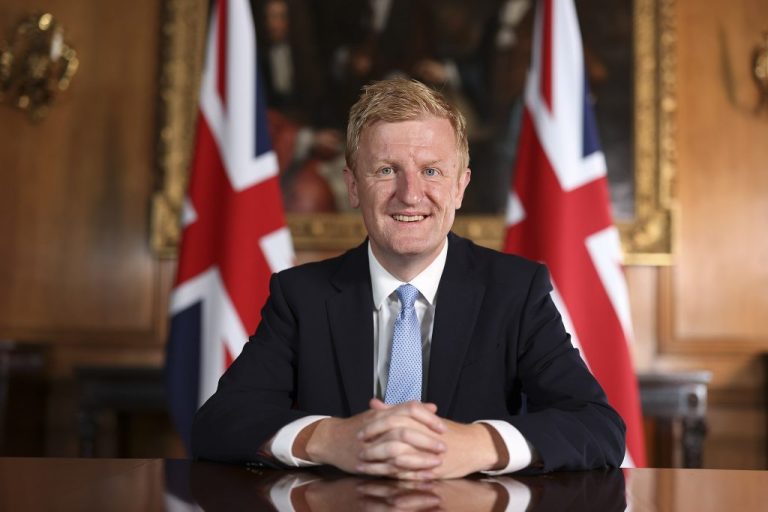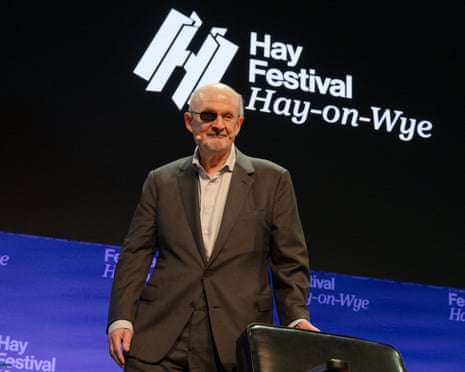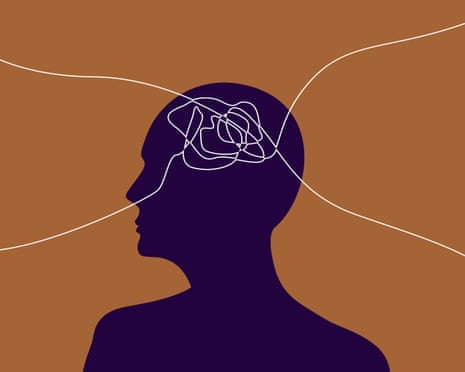English-Speaking Nations Express Anxiety Over AI Advancement, Polls Reveal
Research indicates that individuals in English-speaking nations such as the UK, US, Australia, and Canada are more apprehensive about the rise of artificial intelligence (AI) compared to those in major EU economies, who exhibit greater enthusiasm for its development. This divide, referred to as the “wonder and worry” of AI, appears to relate to differing levels of trust in government capabilities to manage this rapidly evolving technology. A recent survey conducted by Ipsos Mori, involving 23,000 adults across 30 countries, revealed that a quarter of the global population still lacks clarity on what AI truly is, despite its recognition as one of the most transformative technologies in recent decades.
On Wednesday, Björn Ulvaeus from ABBA announced his endeavor to create a musical with AI assistance, likening it to having an additional songwriter who possesses an extensive frame of reference. Among the global populace, Britons displayed significant concern regarding the implementation of AI within products and services, with two-thirds expressing nervousness; less than 50% of them trust the UK government to regulate AI effectively. Conversely, fewer than half of respondents in France, Germany, and Italy shared similar apprehensions about AI.
“In the Anglosphere—including the US, Great Britain, Canada, Ireland, and Australia—there is considerably more anxiety than enthusiasm,” noted Matt Carmichael, senior vice-president at Ipsos Mori. “European countries show less anxiety overall, while some regions, particularly in Southeast Asia, exhibit more positivity than concern.” Only Americans, Japanese, and Hungarians demonstrate lower trust in their governments to oversee AI regulation than the British. Recently, the UK government postponed legislation aimed at regulating AI companies to align with the stance of Trump’s administration in the US. In contrast, the European Union enacted the EU AI Act last June, which prohibits AI systems that present an “unacceptable risk,” including those used for social scoring, and mandates transparency around AI’s role in content creation.
In India, where misleading AI-generated deepfake videos influenced last year’s elections, anxiety about AI’s application in various domains is similarly high. The survey also highlighted broad opposition to AI’s role in generating news articles, films, and advertisements, although many anticipate that AI will become the dominant creator of such content. The highest excitement surrounding AI was noted in Indonesia, Malaysia, and Thailand, where trust in governmental regulation is also strong. This polling mainly reflected the views of more connected, urban, and educated demographics, who were nearly twice as enthusiastic as their counterparts in the US and Great Britain.
In Great Britain, there is considerable pessimism regarding AI’s impact on employment, with nearly one-third of the population fearing that AI will replace them entirely. On a global scale, just 31% of individuals believe that AI will enhance their country’s job market, while 35% expect it to deteriorate. Variability in perceptions was evident—almost 75% of people in Thailand foresee AI replacing their current job within five years, contrasting sharply with only 14% in Sweden and roughly one in four individuals in the US, Great Britain, and Australia.
The survey’s results across all 30 countries suggest minimal desire for AI-generated online news articles, films, or advertisements, yet many believe it is likely that AI will become the primary creator of these forms of content, along with producing television shows, screening job ads, and simulating sports events featuring AI-generated players. Carmichael suggested that this trend may result in either growing public acceptance as AI-generated content becomes ubiquitous or could lead to a backlash.
Some resistance is already manifesting through campaigns by UK musicians, including Kate Bush and Elton John, advocating for enhanced protections against copyright violations by tech companies developing large language models. Additionally, lawsuits in the US involve authors like John Grisham and Ta-Nehisi Coates taking legal action against OpenAI and Microsoft for copyright infringement.







